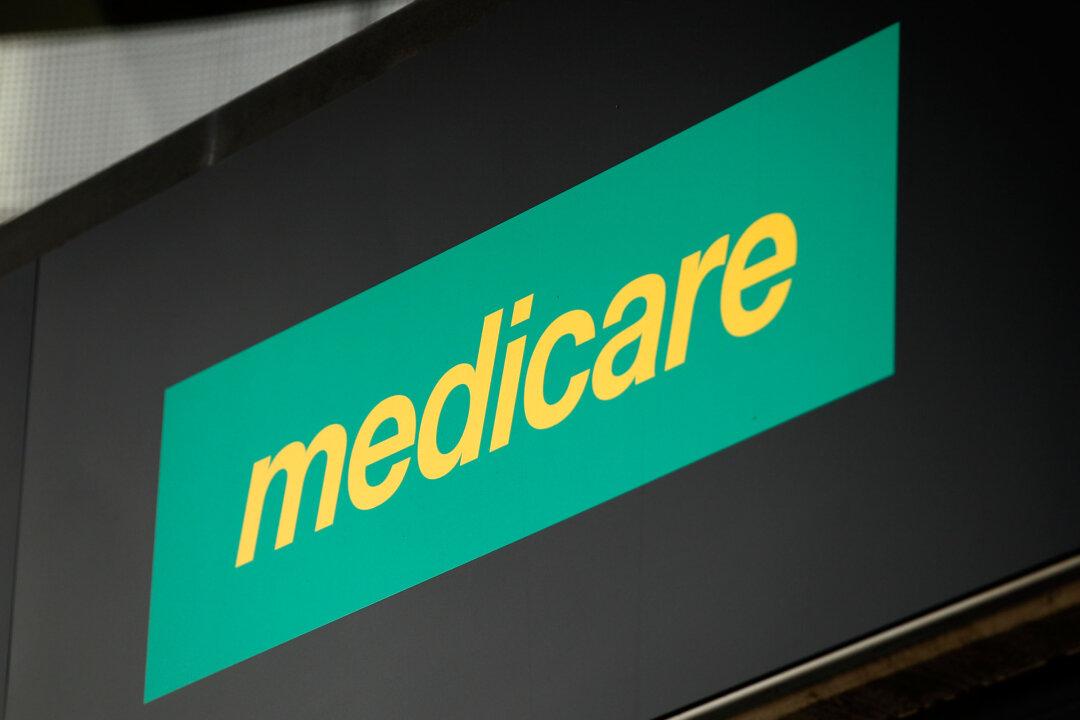Almost 12 million Australians will find visiting their doctor less taxing on the household budget as the federal government announced a $3.5 billion (US$2.4 billion) investment into bulk billing.
The largest funding boost in bulk billing is part of the $6.1 billion package into strengthening Medicare and providing middle Australians, not just the most vulnerable, with cost relief.





